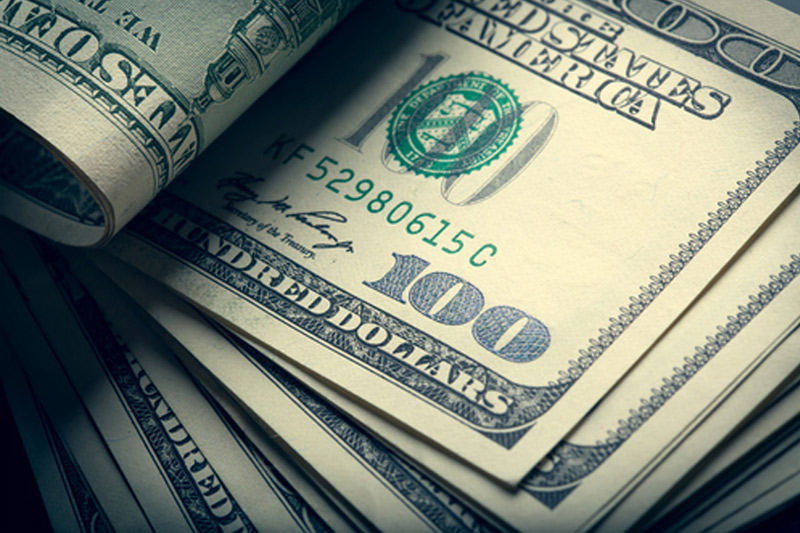Investing.com - The U.S. dollar weakened broadly on Monday, as indications that the U.S. economy slowed in the first quarter fuelled bets the Federal Reserve will hold off on hiking interest rates until late 2015.
The U.S. dollar index, which measures the greenback’s strength against a trade-weighted basket of six major currencies, was down 0.3% to trade at 96.55.
The U.S. Institute of Supply Management said on Monday that its non-manufacturing purchasing manager's index slipped to 56.5 last month, in line with forecasts and down from a reading of 56.9 in February.
The report came after the Labor Department said Friday that the U.S. economy added 126,000 new jobs in March, the smallest increase since December 2013 and sharply below forecasts for a gain of 245,000.
The surprisingly weak data added to concerns over the outlook for economic growth after other recent economic reports pointed to a slowdown at the start of the year.
New York Federal Reserve President William Dudley said earlier that the timing of a future interest rate hike in the U.S. remains uncertain.
"The timing of normalization will be data dependent and remains uncertain because the future evolution of the economy cannot be fully anticipated," Dudley said in prepared remarks.
Meanwhile, the euro rose above the $1.10 level against the greenback, with EUR/USD hitting a session high of 1.1035 before pulling back slightly to trade at 1.1033, up 0.57%.
The single currency found further support from hopes that Greece will repay the International Monetary Fund on time. Athens is on the hook for a roughly €450 million loan repayment to the IMF due this Thursday.
Elsewhere, gold futures rallied sharply as investors increased bets the Federal Reserve will hold off on raising interest rates until later this year following the release of disappointing U.S. employment data.
A delay in raising interest rates would be seen as bullish for gold, as it decreases the relative cost of holding on to the metal, which doesn't offer investors any similar guaranteed payout.
Meanwhile, crude oil futures surged 3% on Monday, amid speculation an ongoing collapse in rigs drilling for oil in the U.S. will result in lower production and as investors assessed the impact of last week’s Iranian nuclear deal on global supplies.
Oil prices plunged late last week after Western powers negotiated a tentative nuclear deal with Tehran, which could add more crude to an already oversupplied market.
However, futures have since regained some ground with market experts largely estimating that a ramp-up in Iranian crude exports could take several months.
